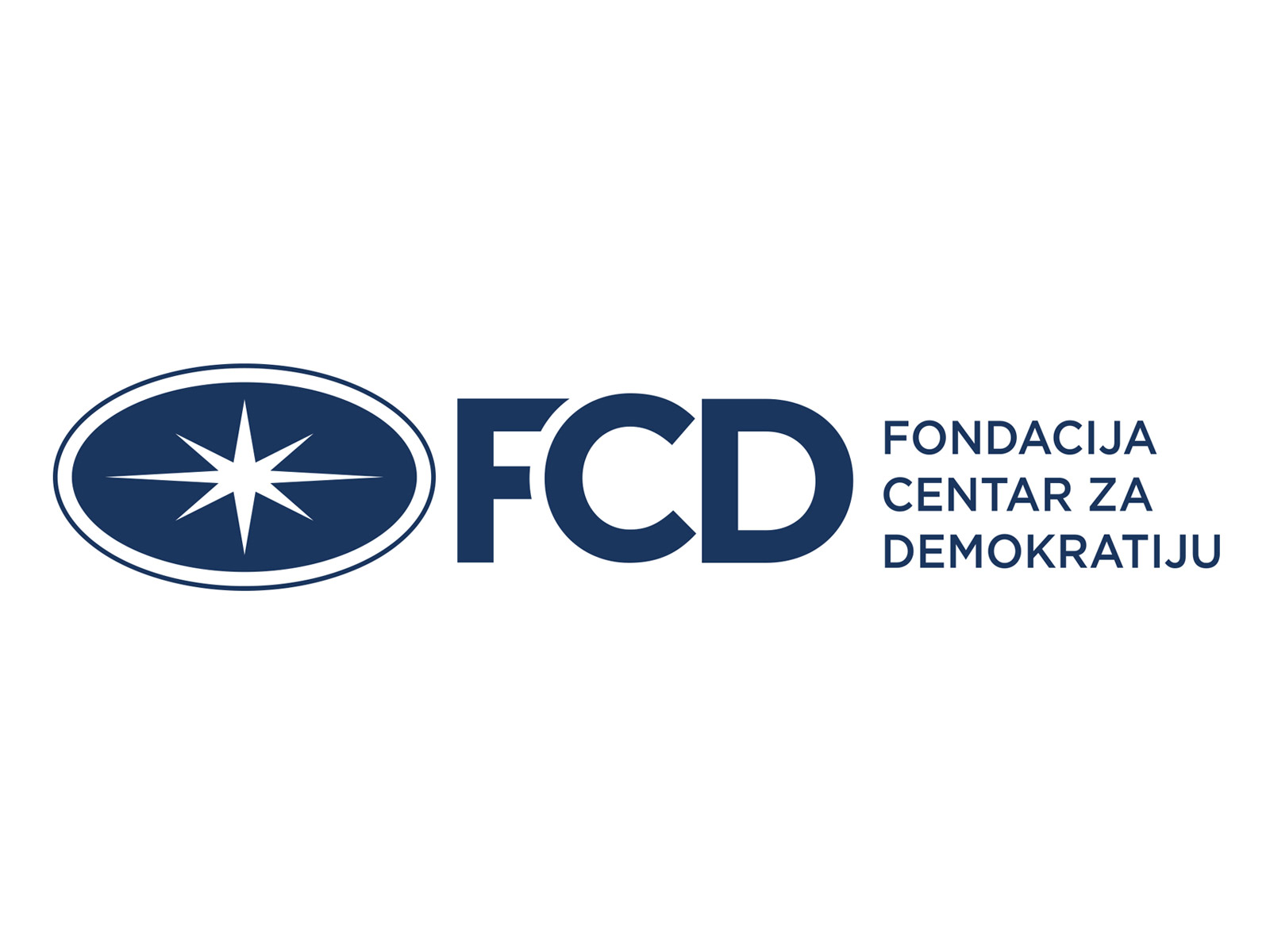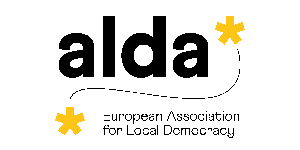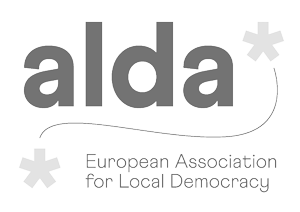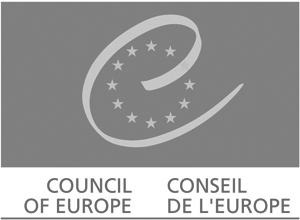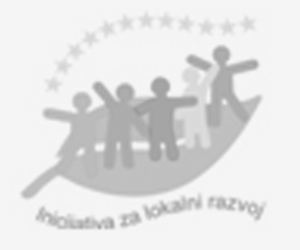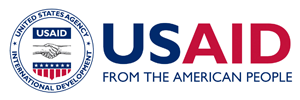Necessary Emergency Intervention of the Labour Inspectorate
Notice issued by the FCD responding to increased number of violations of workers’ safety rights
Protecting workers’ rights poses a major challenge these days - it is important to safeguard all economic activities that can continue to operate during the epidemic in order to preserve jobs and thereby ensure worker livelihoods. However, if workers are not protected, are exposed to the dangers of this contagious virus and/or exhausted from working overtime, the survival of countless companies will be brought into question, but most importantly, workers’ health and the health of their families may be severely compromised.
At this critical hour, the level of responsibility of the Ministry of Labour, Employment, Veteran and Social Policy is heightened as the situation in the field indicates a need for emergency action to be taken by the Labour Inspectorate. Inspections are most needed in places where large numbers of people are working in closed spaces without protective equipment. It is important to the public to know whether or not the number of labour inspectors will be increased under these conditions. What plan of action does the Inspectorate propose? The Law on Occupational Health and Safety and the Law on Protection of the Population from Infectious Diseases must be applied without exception, and inspectoral supervision executed in a preventative and coordinated manner, in line with the Law on Inspection Supervision, independent of whether or not small or large enterprises, domestic or foreign investors are in question.
Center for Democracy Foundation

PUBLICATIONS
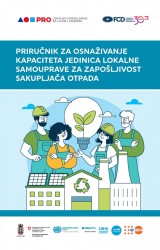 Manual for Strengthening the Capacities of Local Self-Government Units for the Employability of Waste Pickers
Manual for Strengthening the Capacities of Local Self-Government Units for the Employability of Waste Pickers
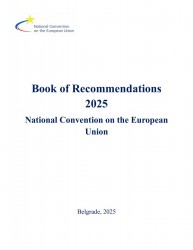 NCEU Book of Recommendations 2025
NCEU Book of Recommendations 2025
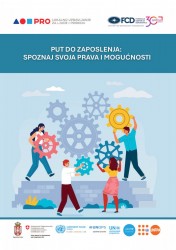 Manual “The Path to Employment: Get to Know Your Rights and Opportunities”
Manual “The Path to Employment: Get to Know Your Rights and Opportunities”
 Challenges for Organising and Collective Bargaining in Care, Administration and Waste collection sectors in Central Eastern European Countries
Challenges for Organising and Collective Bargaining in Care, Administration and Waste collection sectors in Central Eastern European Countries
 Public Policy Proposals – Collective Bargaining (CEECAW)
Public Policy Proposals – Collective Bargaining (CEECAW)
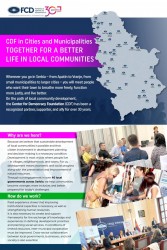 CDF in Cities and Municipalities: Together for a Better Life in Local Communities
CDF in Cities and Municipalities: Together for a Better Life in Local Communities
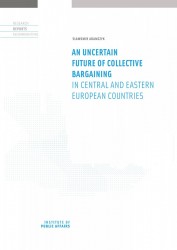 Comparative reports on collective bargaining - CEECAW
Comparative reports on collective bargaining - CEECAW
 POLITEIA – Regional School for Youth Participation 2025 (leaflet)
POLITEIA – Regional School for Youth Participation 2025 (leaflet)
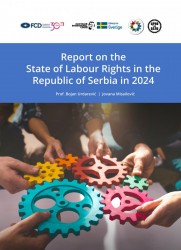 Report on the State of Labour Rights in the Republic of Serbia in 2024
Report on the State of Labour Rights in the Republic of Serbia in 2024
 Unlocking Collective Bargaining Power in Three Sectors: A Call to Action
Unlocking Collective Bargaining Power in Three Sectors: A Call to Action
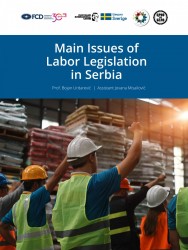 Main Issues of Labor Legislation in Serbia
Main Issues of Labor Legislation in Serbia
 New Monitoring Report by the “SDGs for All” Platform: Is the End Goal in Sight?
New Monitoring Report by the “SDGs for All” Platform: Is the End Goal in Sight?
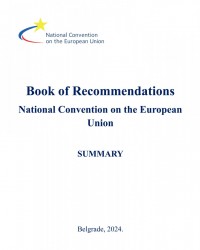 NCEU Book of Recommendations 2024 (Summary)
NCEU Book of Recommendations 2024 (Summary)
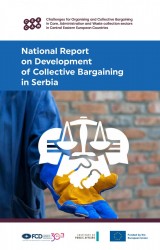 National reports on collective bargaining in Serbia - CEECAW
National reports on collective bargaining in Serbia - CEECAW
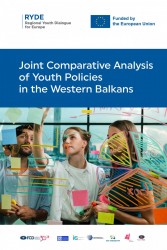 The Comparative Analysis of Youth Policies in the Western Balkans (WB)
The Comparative Analysis of Youth Policies in the Western Balkans (WB)
 Unlocking Collective Bargaining Power in Three Sectors: A Call to Action
Unlocking Collective Bargaining Power in Three Sectors: A Call to Action
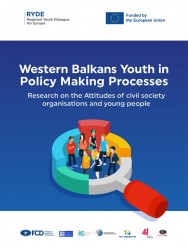 Western Balkans Youth in Policy Making Processes
Western Balkans Youth in Policy Making Processes
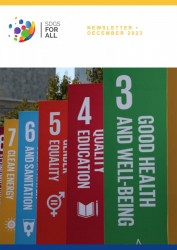 SDGs for All Platform newsletter (December 2023)
SDGs for All Platform newsletter (December 2023)


